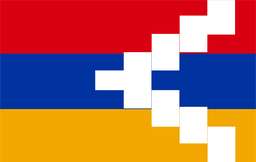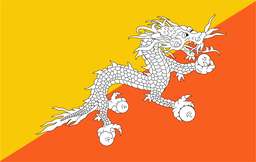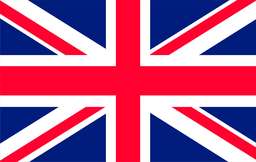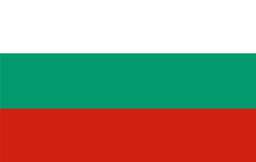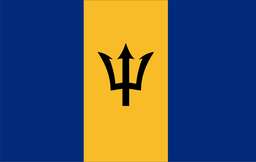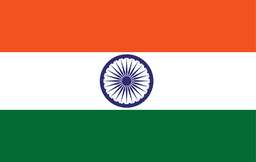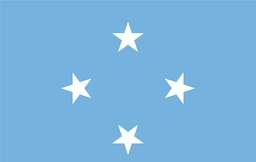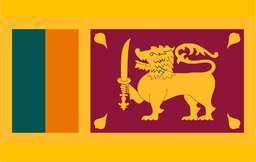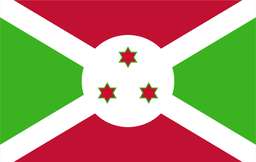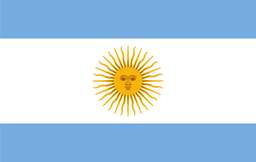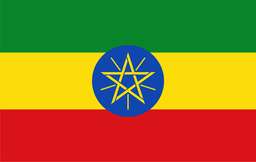Ethiopia has a great wealth of landscape, legacy, and culture. Often referred to as the "Cradle of Humankind," this nation has among the first original narrative archives worldwide. Ethiopia offers everything from modern achievements to ancient civilizations for history buffs and cultural visitors.
Etymology
Derived from the Greek term Aethiopia, commonly known as the "Land of Burnt Faces," Ethiopia is among the early sources on Sub-Saharan Africa, famous for this archaic expression used disparagingly to define the people.
Prehistory

Ethiopia boasts a million-year-old temple. Among other prehistoric finds, the Australopithecus afarensis skeleton highlights Ethiopia's part in starting human evolution. 3.2-million-year-old packed in fossils, the Great Rift Valley provides a remarkable view into the life of our ancestors.
Antiquity
Ethiopia claims that around 100 CE, the fabled kingdom of Aksum (Axum) first arose. Celebrated for its great obelisks—including the Great Stela—and for its importance as a historical trading city, Aksum linked South Asia and Africa to the Roman Empire. Being among the first Christian nations, the entrance of Christianity in the fourth century permitted Ethiopia's cultural identity to be further established.
Middle Ages
During the Middle Ages, Ethiopia built a solid Christian foundation. Built by the Zagwe dynasty, the well-known rock-hewn churches of Lalibela—which UNESCO formally lists as a World Heritage Site—remain monuments to Ethiopian ingenuity and allegiance, their extraordinary architecture chiseled into the ground.
Early Modern Period (1632–1855)
The Solomonic dynasty brought in a phase of cultural flourishing and governmental centralization. At this period, regional leaders arose, artistic expression was displayed on scrolls, and famous cities like Gondar grew under fortification. Later on, Emperor Tewodros II would advocate for Ethiopia's unification and development.
Age of Imperialism (1855–1916)

Ethiopia's resistance to European colonisation during the Scramble for Africa established a benchmark for anti-colonial activities all around. Ethiopia kept its right of sovereignty after it defeated Italian forces under Emperor Menelik II in the Battle of Adwa in 1896.
Haile Selassie Era, 1916–1974
Often referred to as the "Lion of Judah," Haile Selassie I completely rebuilt Ethiopia's infrastructure and established it as a major actor globally. Ethiopia first joined the UN, then the Organisation of African Unity. Along with significant social and economic developments, slavery was abolished.
Derg Era: 1974–1991
Under the socialist military administration sometimes known as the Derg, Ethiopia sailed into a storm. Defined by internal strife, famine, and Cold War geopolitics, this era had a major influence on the national social and economic institutions. Further political and social reforms surfaced as the Derg fell in 1991.
Federal Democratic Republic ( 1991–Present )
In 1991, Ethiopia came to have a democratic federal government. Since then, it has rebuilt her economy, corrected political systems, and developed ties between numerous areas. Ethiopia is presently an East African economic powerhouse, attracting a lot of commerce and tourism. Any visitor should most likely come to this place because of its rich culture, breathtaking scenery, and outstanding people.
Geographic Analysis
Ethiopia is a nation of great extremes, from the highest Simien Mountains to the sunken ground of the Danakil Depression. Landlocked by Kenya, Eritrea, Djibouti, Somalia, Sudan, and South Sudan.
Climate
Ethiopia's temperature varies from freezing highland regions to hot desert conditions. It passes three main seasons, the wet season preserving its diversified habitat. For everyone looking for a reprieve from heat and humidity, the highlands of the nation offer fair temperatures all year long.
Biodiversity
Ethiopia features several endemic species, among them the Gelada baboon and the Ethiopian wolf. It's great that BirdLife gives environmentalists a refuge as well.
Government and Politics

Ethiopia is a Republic with a federated parliamentary government. The President performs the ceremonial head of state, and the Prime Minister Uses executive authority. Abiy Ahmed, the Prime Minister, has overseen various changes right now. Regarding that, first is Ethiopia's current president, Sahle-Work Zewde. She is feminine. Women are very significant in politics and society, so the country has evolved toward gender equality.
Administrative Divisions
Reflecting Ethiopia's ethnic variety, the nation is split into quite independent regional states, including Oromia, Amhara, and Tigray. The main diplomatic headquarters for Africa, Addis Ababa, is a chartered city with a capital.
Foreign Relations and Military
Ethiopia is relatively important in African diplomacy since Addis Ababa hosts the headquarters of the African Union. Its military assists regional peacekeeping initiatives but is basically defensive. Ethiopia's regional stability and degree of affluence depend on its relationships with neighbours as well as foreign countries.
Economy
Among the fastest rising economies in Africa is Ethiopia. The Grand Ethiopian Renaissance Dam (GERD) is one of the projects displaying Ethiopia's intention of regional energy export. Ethiopia's economy is essentially focused on agriculture, particularly on the output of coffee, which still ranks as its top export good. Ethiopia is also developing its infrastructure, particularly given that Ethiopian Airlines ranks among the top airlines globally, and IT initiatives are in progress in Addis Ababa.
Demographics
With some 110 million people, Ethiopia ranks second among all the nations in Africa.Its ethnic variety and cultural history help to strengthen its lively social fabric. Most individuals are Christians, even if Islam and other religions approach it really closely. Apart from several unique customs, Ethiopian cuisine consists of sourdough flatbread called Injera and the coffee ceremony.
Urbanization
Among Ethiopia's swiftly expanding cities, Addis Ababa and Dire Dawa are particularly shaping the modern urban experience. Pulling people from many backgrounds, they act as hubs of education, business, and industry.
Languages
Though Amharic is the official language of Ethiopia, over eighty other languages are spoken there. Ethiopia is rather linguistically varied.
Religion
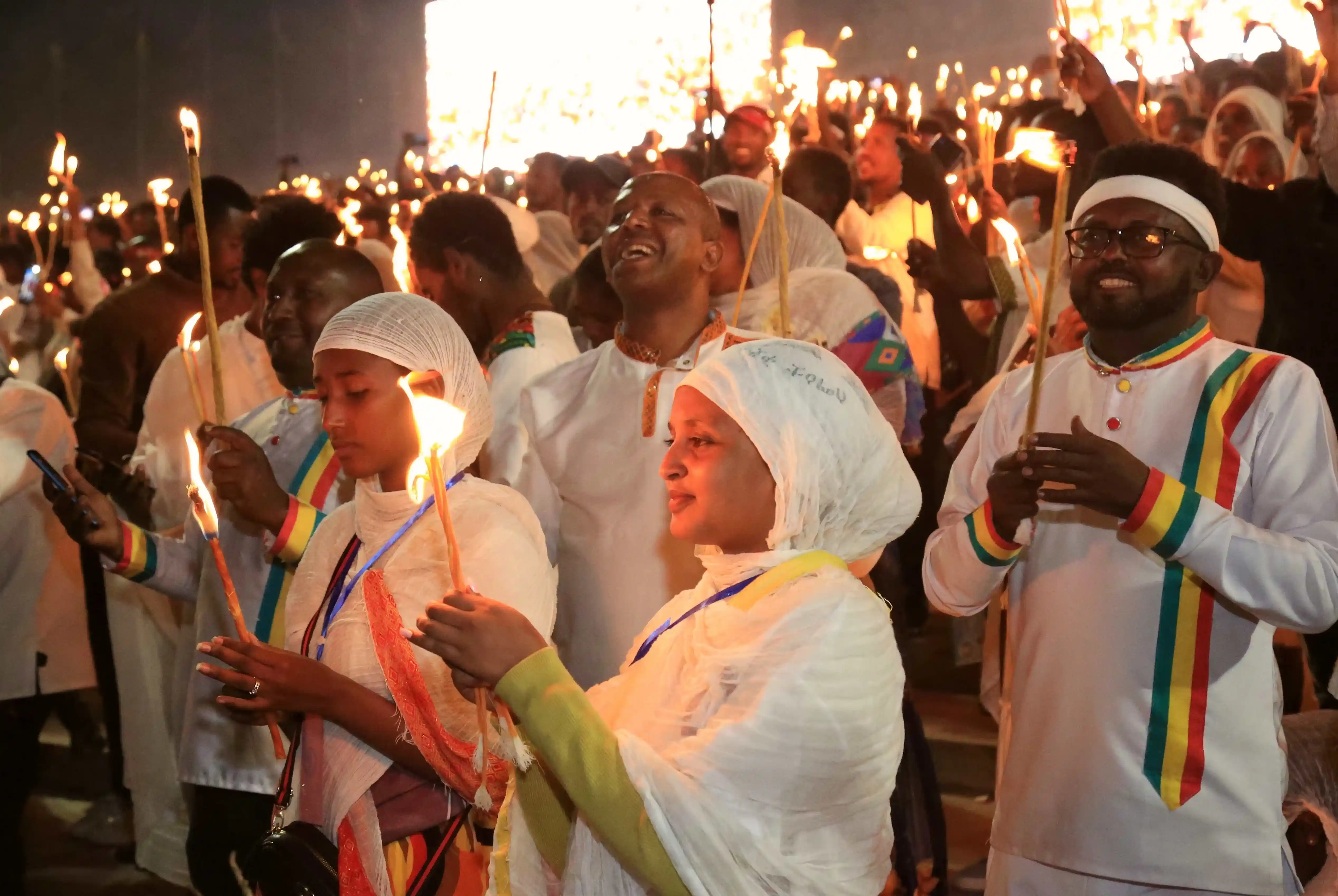
Ethiopia differentiates itself with different customs and harmonious coexistence; its religious mix is basically Christian and Muslim. However, most Muslims are Sunni Muslims, and the Ethiopian Orthodox Tewahedo Church is the biggest Christian denomination.
Health and Education
Ethiopia has made tremendous progress toward improved access to education and healthcare by emphasising disease prevention with campaigns against malaria and literacy programs. Still, entering underdeveloped areas and gathering necessary materials is challenging.
Culture
Ethiopian indigenous music, handicaps, and arts draw attention to the diverse cultural legacies of the country. Ethiopia's rich past makes its people proud, from the renowned Timkat festival to the odd coffee ritual.
Literature and Art
Nega Mezlekia and Tsegaye Gebre-Medhin are among Ethiopia's many brilliant writers and poets. From traditional painting to contemporary sculptures, the creative environment crosses several media. Among UNESCO World Heritage sites are also the ancient rock-hewn churches of Aksum and Lalibela.
Cuisine
Since foods like wat (a spicy stew) and injera (a sourdough flatbread) are becoming well-known all around, Ethiopian cuisine is a pillar of the country. Furthermore, highly valued in Ethiopian society are traditional coffee ceremonies.
Sport
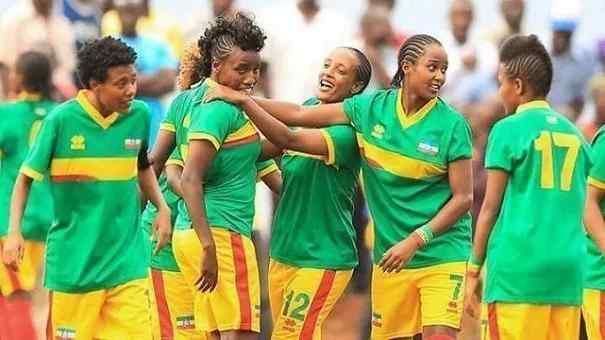
From long-distance running, especially, Ethiopia boasts a great athletic legacy from which internationally praised sportsmen like Haile Gebrselassie have sprung. Another relatively popular game in the nation is football, sometimes known as soccer. All things considered, sports help people to unify and greatly inspire national pride.



